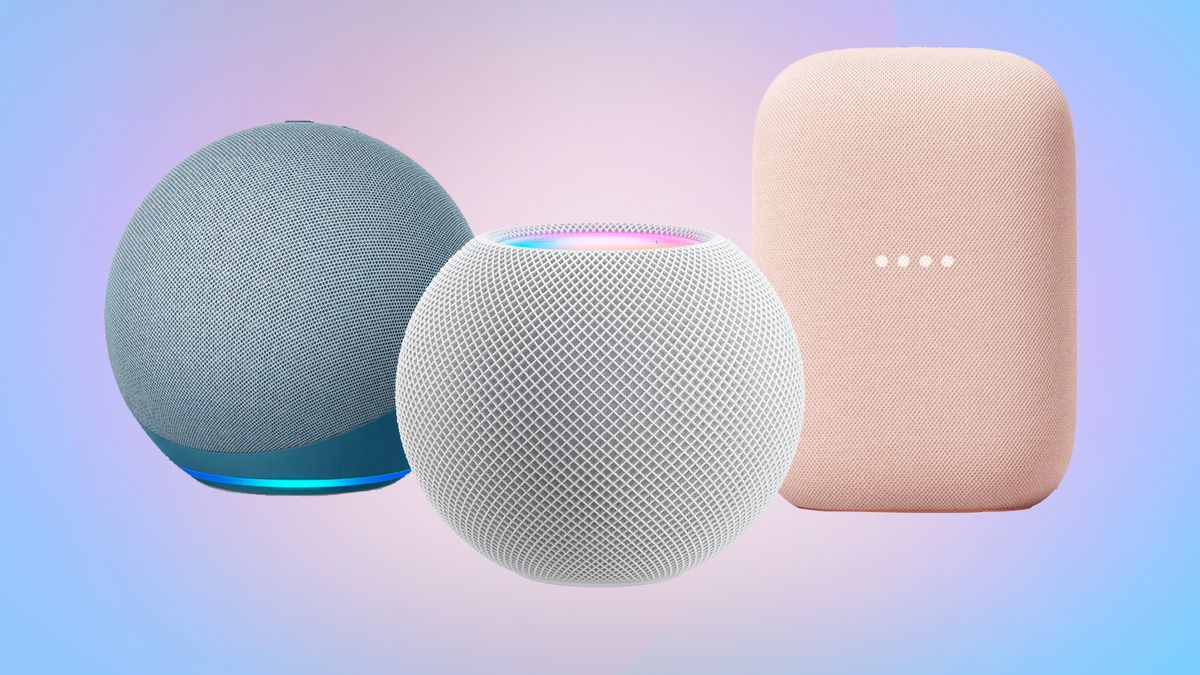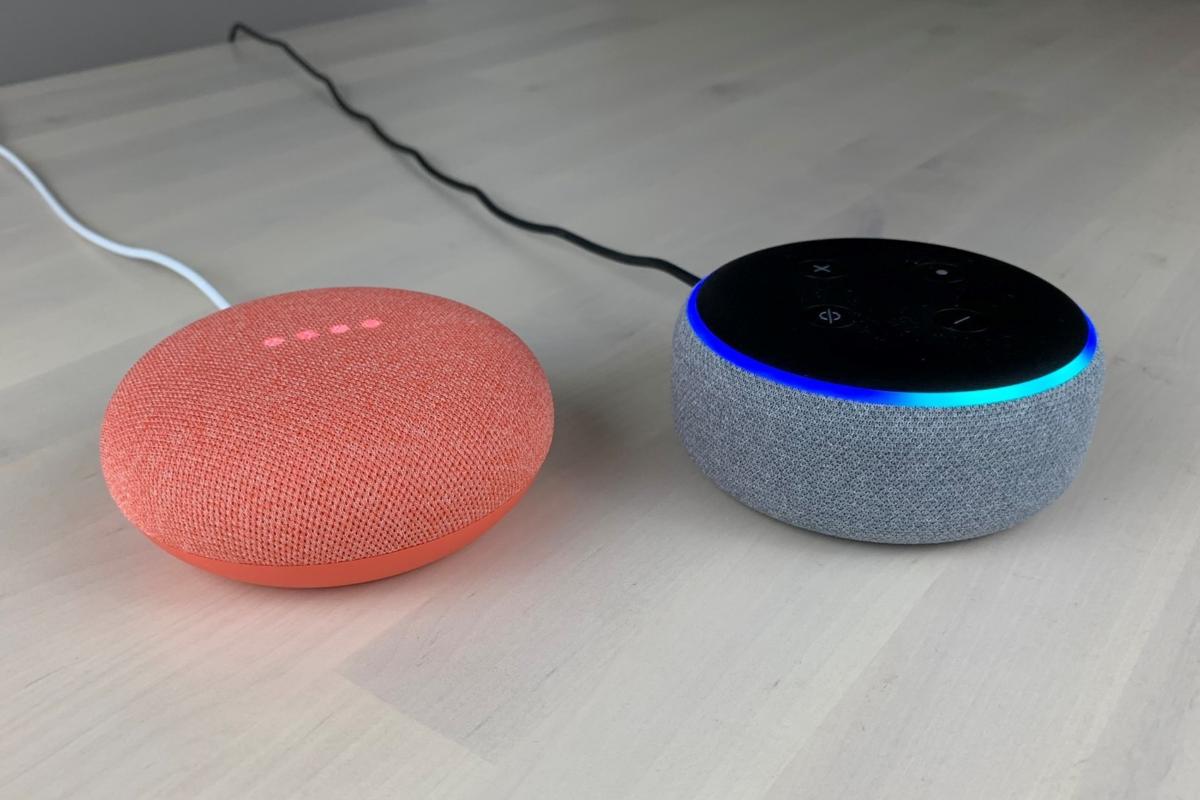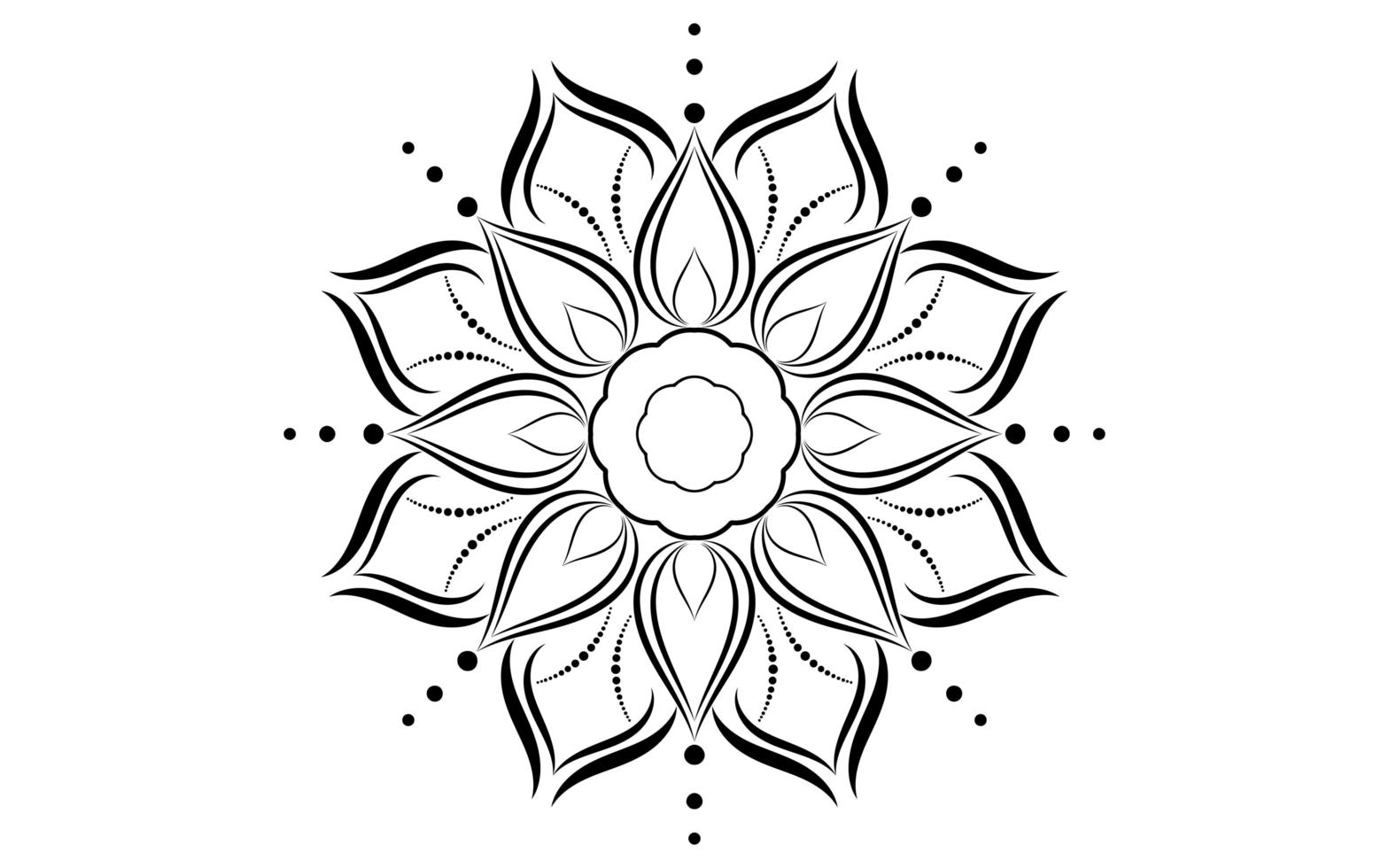Table of Content
Chromecast built-in is a technology that allows users to stream entertainment and apps from their phone, tablet, or laptop, straight to the Chromecast-enabled device. Each is fairly good at hearing commands, even when you’re in a different room. While the Dot features a seven far-field microphone array that on paper appears more impressive than the Mini’s two far-field microphone setup, most users haven’t noticed a dramatic difference between the two. If you're looking for a small Echo speaker, your best best then is the Echo Spot, which despite its size, offers a richer sound.

Check out our roundup of things Google Assistant can do for more info, or head to the Google Assistant partners page for all the brands Google Home can work with. Both home automation devices must be connected to power full time, unless you use a third-party battery dock. The Echo Dot connects to its power supply with a barrel connector, while the Google Home Mini uses a USB power supply. Check out these 11 voice-activated smart home products that will revolutionize your life. Upgrade your lifestyleDigital Trends helps readers keep tabs on the fast-paced world of tech with all the latest news, fun product reviews, insightful editorials, and one-of-a-kind sneak peeks.
Google Home Mini vs. Amazon Echo Dot: Hardware
However, finding specific products or getting the results you want may be more challenging, especially without an accompanying smart display. You can also reorder an item, but Google can’t give the same recommendations as Alexa can. Google Assistant and Alexa both offer routine setup, so that’s no problem.

This grouping makes these speakers double up as a broadcaster or an intercom system. This feature in Alexa goes by the name of Drop in, while Google simply names it as Broadcast. This mode lets users cast their content directly to the Mini without connecting to Wi-Fi. It comes in handy when you don’t want to share your primary Wi-Fi password.
Amazon Echo speakers
Although the Nest Mini only has three mics, it does a superior job at picking up voice commands, even from a distance. When it comes to aesthetics, the two smart speakers differ in size, but are both covered with fabric and use LED lights to visually communicate. Set next to one another, it’s apparent that the new spherical shape of the Echo Dot makes it look larger than the Nest Mini — nearly double its height. Despite this, it’s a refreshing design change that we appreciate. From there, you’re able to eliminate at least one option as you continue to examine your needs and wants from a smart speaker.
If you are looking to control a horde of smart home devices, Alexa would be the ideal choice thanks to its support for a wide range of products – both expensive and cheap. The HomePod Mini relies on Siri — yes, the same Siri the iPhone, iPad, Mac and Apple Watch use — for any voice interactions. All of your Apple devices are smart enough to know when they’re around each other, so when you say “Hey Siri” near a HomePod Mini, your Apple Watch or iPhone will let the smart speaker answer. You can then use Siri to play from your Apple Music library, control your smart home devices, send messages or ask for your daily agenda. You can even use a HomePod Mini to place or receive a phone call.
Sign Up For Our Newsletter
The screen, however, massively increases its expense, so bear that in mind – if you don't want a screen, the Echo Dot with Clock is an attractive option. If you can only afford the entry-level devices, and music remains a top priority for you, go for the Google Home Mini, which sounds a lot better than the Echo Dot. Unless you hook up a Dot to another speaker over Bluetooth or the 3.5mm jack, it's just too thin and harsh to fully enjoy. Like the Echo Dot, the speaker is puck shaped, if a little more pebble-like with softer edges, and has a top side covered in a fabric speaker mesh. You can pick up the Google Home Mini in a range of colors, with four flashing LED lights illustrating when it's listening to your commands and showing the volume level. Having said that, Alexa tends to be better when it comes to support for a wider range of devices, as well as better smart home integration.

While it’s a subtle difference, you’ll notice how the Google Home Mini seamlessly blends into your existing decor. For these reasons, you want to be sure you’re making the right choice. If you're going for pure sonic superiority between the Echo and Google Home ranges however, opt for the Google Home Max.
Speaking of which, we're still testing the new Echo Dot at the CNET Smart Home -- stay tuned for a full review in the coming days. Shop your favorite products and we’ll find the best deal with a single click. Another new change with the Echo Dot 4 is that the action light has been moved from the top of the device, to the bottom of the device. So depending on its location, that might be a good or bad thing, but I'll talk about that in a minute. Some of the links on our site are from our partners who compensate us. Whether you're controlling simple functions or creating complex routines, Alexa will be easier to use for most people.
That said, just because you use an Android phone and Gmail doesn’t mean you should rule out the Echo Dot. The Home Mini does not offer Bluetooth output, nor does it have a wired audio-output option. However, if you have a Chromecast speaker, such as the JBL Playlist, or Chromecast Audio dongles connected to a sound system, you can cast the Home Mini’s sound output to that speaker via Wi-Fi.
However, it keeps its four physical buttons on top for volume up, volume down, microphone mute, and the action button to activate Alexa without having to say the wake word. On the back, you're going to find a power port with a 3.5 millimeter auxiliary jack to connect this to an external speaker or to a better sound system. That said, both can connect to mainstream smart home tech like Philips Hue lighting, smart locks, power outlets and more. While Alexa control is available on more than 12,000 devices, Google is quickly expanding its offerings. Odds are the tech you need to sync with can be found on both lists.

But as far as the device hardware, the Echo Dot did get an upgrade this year, where the Nest Mini is still running on 2019 hardware. When it comes to music providers, both of these devices support the major streaming services. While both sound much better than you may expect given the small size, you can only get so much volume out of such a tiny package.
Checking quick facts, traffic updates, and spellings, can be done without lifting a finger. The presence of physical buttons gives the Echo Dot a clear advantage, as the touch-input of the Mini doesn’t seem to respond all the time. This means there’s more third-party support for the Echo Dot compared to the Google Home Mini. In fact, the Echo Dot has over 50,000 voice commands compared to Google’s more than 2,000. The difference is pretty clear -- the new, third-gen Echo Dot is simply a more powerful speaker than before.
So if you have a lot of smart home devices already, Alexa might be your best bet. Alexa’s version is a bit more complex, but once you get the hang of it you can easily set up detailed routines based on exactly what you want to do. Alexa also still beats Google Assistant when it comes to compatibility, so there’s a greater chance of your smart devices actually working with the Dot. Pair it with the Domino’s Pizza app for the easiest delivery ever.
The device has an option to mute/unmute a conversation directly from the device. As the brainchild of Google, Google Assistant excels at general search and information requests. It’s the equivalent of using Google instead of Bing or Yahoo for search. As well, the Assistant is better at understanding more complex queries and strings of commands; with Alexa, you need to dictate one command at a time. And, despite its looks, the Echo Show sounds better than the Echo Plus and Echo, though not so dramatically as to forgive it some of its other failings. There's no right or wrong approach really – Google's is simpler, but Alexa's encourages faster and broader development and support from third-parties.


No comments:
Post a Comment